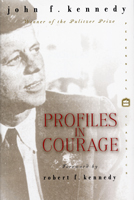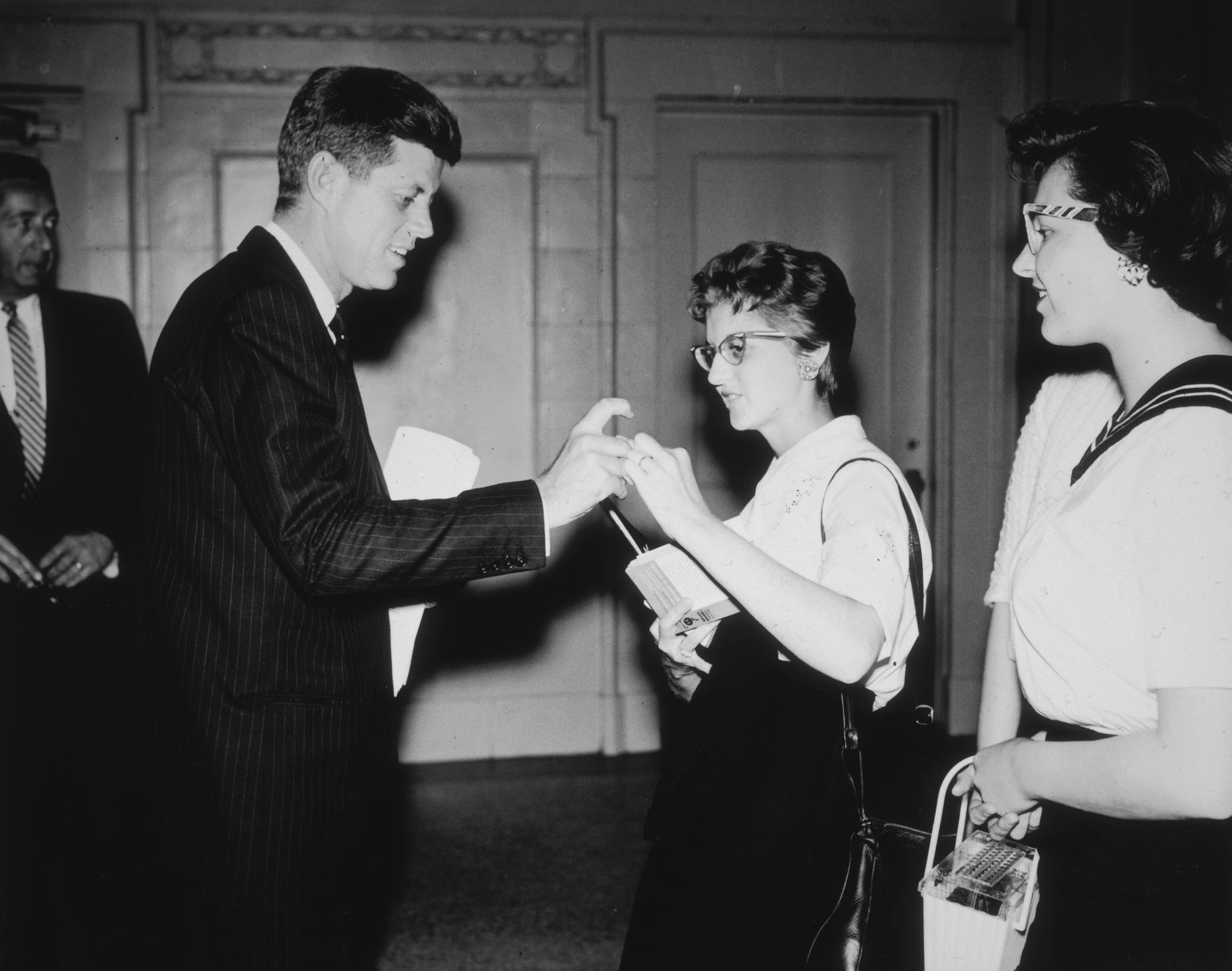John F. Kennedy, also known as JFK, was the 35th President of the United States, serving from 1961 until his assassination in 1963. He is widely remembered for his charisma, charm, and eloquence, as well as his vision for the future of the country. One of the most notable aspects of JFK's presidency was his political courage, which he demonstrated time and time again throughout his short but impactful time in office.
JFK faced numerous challenges during his presidency, including the ongoing Cold War with the Soviet Union, the civil rights movement, and the Bay of Pigs invasion. In each of these instances, JFK showed a remarkable level of political courage, choosing to stand up for what he believed in and make difficult decisions even when they were not popular or easy.
One of the most famous examples of JFK's political courage was his handling of the Cuban Missile Crisis in 1962. When it was discovered that the Soviet Union was placing nuclear missiles in Cuba, JFK faced immense pressure to take military action. However, he instead chose to pursue a diplomatic solution, negotiating with Soviet Premier Nikita Khrushchev and eventually reaching an agreement to remove the missiles. This decision likely prevented a nuclear war and demonstrated JFK's commitment to finding peaceful solutions to international conflicts.
JFK's political courage was also evident in his commitment to civil rights. He was the first president to publicly speak out against segregation and discrimination, and he took significant steps to advance civil rights during his presidency. This included issuing an executive order to establish the Presidential Commission on the Status of Women and signing the Civil Rights Act of 1964, which ended segregation in public places and banned discrimination on the basis of race, color, religion, sex, or national origin.
In addition to his efforts on civil rights, JFK also demonstrated political courage in his handling of the Bay of Pigs invasion. In 1961, a group of Cuban exiles, supported by the CIA, attempted to invade Cuba and overthrow the communist government. The invasion was a complete failure, and JFK faced significant criticism for his handling of the situation. However, he took responsibility for the failure and made the difficult decision to not authorize a second invasion, choosing instead to pursue a more diplomatic approach to the situation.
Overall, JFK's political courage was a defining characteristic of his presidency. He consistently stood up for what he believed in and made difficult decisions, even when they were not popular or easy. His willingness to take risks and stand up for his principles had a lasting impact on the country and continues to inspire political leaders today.






